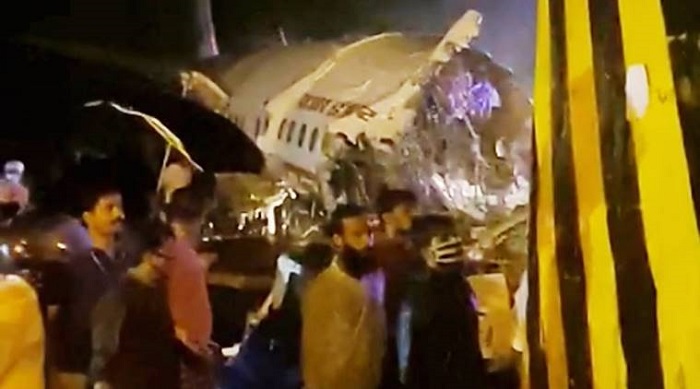New Delhi, Feb 4: Senior BJP leader and Defence Minister Rajnath Singh on Monday accused Delhi's ruling Aam Aadmi Party of not implementing the central government's schemes in the national capital.
Addressing an election rally in Moti Bagh, he also sought to allay fears over the Citizenship Amendment Act (CAA), assuring the gathering that the legislation will not take away anyone's citizenship.
Singh alleged that the Chief Minister Arvind Kejriwal-led Delhi government did not do anything in the last five years.
The AAP had promised to add 5,000 buses to the fleet of the Delhi Transport Corporation (DTC), but instead the number has come down by 1,000, he claimed.
The Union minister said the AAP dispensation did not implement central schemes in Delhi fearing that the popularity of the Prime Minister Narendra Modi-led government will grow among Delhiites.
Pension schemes and the Centre's flagship health insurance scheme, Ayushman Bharat Yojana, are some of those that the Kejriwal government did not allow to be implemented in Delhi.
On the anti-CAA protests, Singh said that the opposition parties have been spreading "lies" about amended citizenship law and the National Population Register (NPR).
"The CAA will not take away anyone's citizenship. The opposition parties are spreading lies about the CAA. There should be no such politics over this. Some people are trying to write the history of the country with the ink of hatred," he said.
The culture of India is such that it considers the entire world one family, he said.
Delhi goes to polls on February 8. The results will be declared on February 11.






Comments
Add new comment